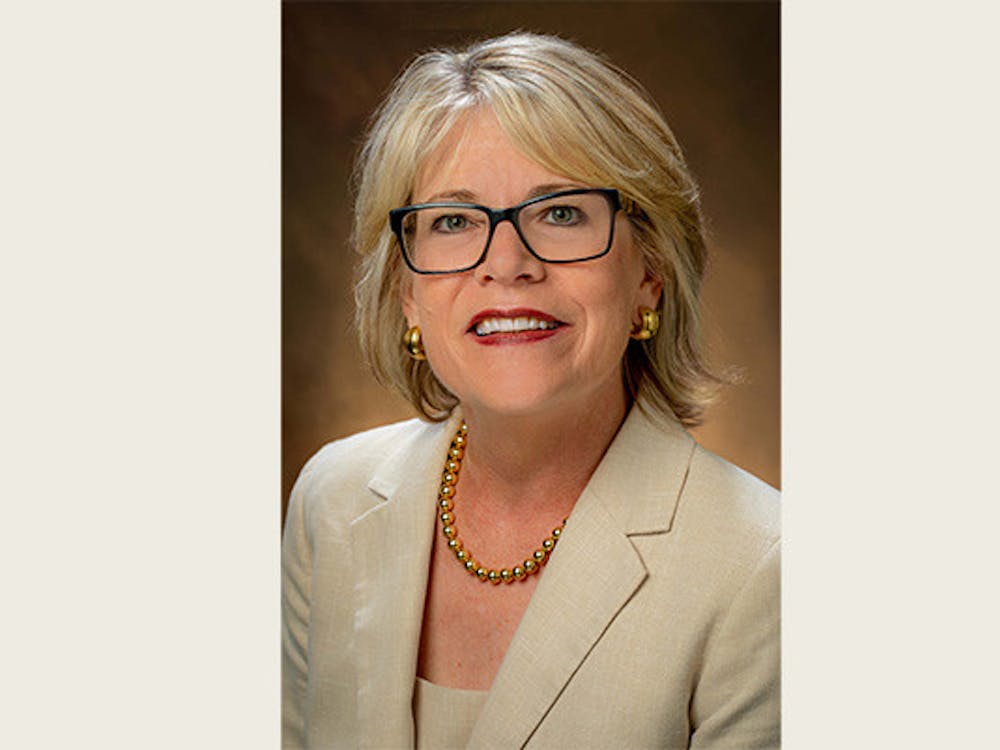Butler County's Women Helping Women activist organization is looking to implement the Cincinnati chapter's bartender training program with regards to sexual assault and harassment.
The program is meant to provide victims or potential victims of sexual assault with help to get out of uncomfortable situations in bars. Women Helping Women is hoping to address this issue to the fullest extent in the Oxford bar community.
"When we met with people who work in the bar industry in Cincinnati, they very much felt this was a pressing issue," said Kendra Massey, vice president of programming at Women Helping Women.
Massey has been advocating for various prevention methods in Cincinnati bars that allow potential victims to find help through bar staff, especially bartenders.
"We focus on helping bartenders know what to look for so that they can see situations where someone might be uncomfortable," Massey said.
One of Women Helping Women's main approaches to decreasing sexual violence in Cincinnati is hanging up signs in the restrooms of bars so customers know they can ask the bartender for assistance in dire situations. The program is based off of the international "Ask for Angela" campaign.
The "Ask for Angela" campaign originated in Europe and is based on customers being able to ask for a certain name of a shot at the bar in a threatening situation. For example, if the sign in the bathroom said to ask for "Keith," asking the bartender for Keith would indicate that the customer needs help.
"The owner of the second bar in Cincinnati to institute this campaign has had people come up to her and thank her for being part of this initiative," said Massey.
The head of this training strategy in the Oxford community is Nora McVey, advocate for Miami University's Women Helping Women chapter.
McVey hopes to implement similar campaigns to ensure that bar-based assaults are minimized.
Currently, Miami has a multitude of resources for survivors of sexual harassment or assault. However, the bartender training campaign would focus on preventing the issue before it happens, establishing bar staff as designated "interveners" in potentially dangerous situations.
"We know that there's a high overlap of alcohol and these sorts of crimes," McVey said. "If we can better train our bar staff to see this sort of behavior, that can only be helpful."
Enjoy what you're reading?
Signup for our newsletter
Potentially dangerous situations like these vary in threat level and, therefore, often call for different solutions.
"Hopefully calling the police isn't always the first response because that's not always what's needed," sophomore and prominent student activist Clara Guerra said. "Sometimes they just need someone to talk to or someone to call a taxi."
While most advocate for this, some have pointed out that the bars may not be the source of the issue.
"I think Miami definitely has an issue, but I don't think it occurs at the bars," sophomore Carson Myers, a bouncer in Oxford said.
Myers said he had not seen a single case of harassment or assault happen while working.
"We don't over-serve people, so if someone's clearly drunk and stumbling around and we see them getting into line, we tell them to get out," Myers said.
Claiming that further education could not have a negative result, Myers said he supports further training on the issue.
Myers also said it would be more effective if the bars focused on not over-serving patrons, because when customers lose their inhibitions it often leads to escalated situations, although very rarely includes sexual harassment or assault.
Women Helping Women is looking to establish the program in various Oxford bars in the coming months.
In the interim, Miami continues to provide students with sufficient resources to aid survivors through organizations like Women Helping Women, the Sexual Assault and Prevention Response Services and the Office of Ethics and Student Conflict Resolution.




